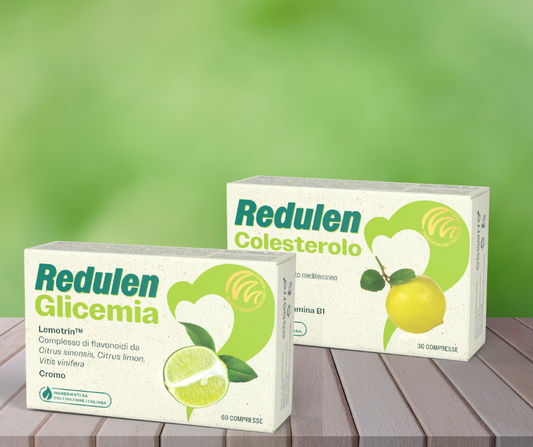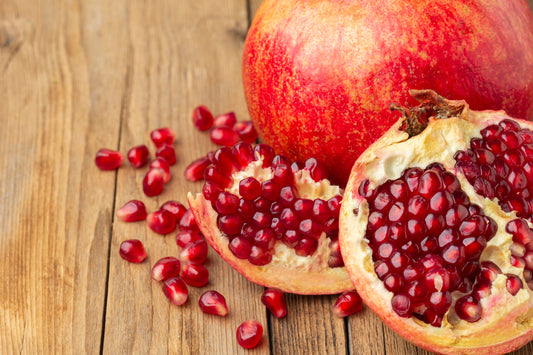In daily outpatient practice, it is common for an overweight patient to suffer from Polycystic Ovary Syndrome (PCOS). From the nutritionist's point of view, this condition, which also affects fertility, represents an obstacle to weight loss. PCOS, frequently associated with overweight, insulin resistance and metabolic syndrome, presents particular metabolic characteristics linked to the "ovarian paradox". But let's see in detail.
What is Polycystic Ovary Syndrome (PCOS)?
PCOS is a complex endocrine condition that affects 5% to 10% of Mediterranean women and is the leading cause of infertility due to failure to ovulate. PCOS is characterized by hormonal imbalances such as hyperandrogenism (high testosterone levels), hyperinsulinemia and insulin resistance , with approximately 75% of women with PCOS being insulin resistant. Common symptoms include menstrual irregularities, acne, excessive hair growth, being overweight and difficulty conceiving, with or without the presence of ovarian cysts. In some cases, an incomplete phenotype of PCOS occurs.
The Importance of Nutrition in Managing PCOS
Nutrition plays a key role in managing PCOS symptoms, particularly in glycemic control and reducing chronic subthreshold inflammation, which is common in this syndrome. Appropriate nutritional intervention includes targeted supplementation with polyphenols, chromium, alpha-lipoic acid, and omega-3.
Overweight women with PCOS may have difficulty losing weight, but a targeted nutritional approach can help achieve a healthy weight. Insulin resistance , which impairs lipolysis (fat burning), is closely linked to the "ovarian paradox." Insulin stimulation and altered metabolism promote androgen production, which exacerbates ovarian hyperandrogenism in women with PCOS.
Dietary Approach to PCOS Management
A dietary approach for PCOS should focus on low-glycemic foods, high in fiber, lean protein, and unsaturated fats. This type of diet helps stabilize blood sugar levels, improve insulin sensitivity, and reduce inflammation. Additionally, a Mediterranean diet enriched with soluble fiber, such as glucomannan, is particularly helpful.
In more complex cases, a ketogenic diet can be considered, always under the supervision of an expert nutritionist, with a ratio of ketogenic to anti-catabolic nutrients greater than 1 to ensure an anti-catabolic effect . This approach can promote weight loss, with a significant reduction in fat mass.
Integration to improve PCOS management
There are several supplements that are useful for managing PCOS:
-
Alpha-lipoic acid : A powerful antioxidant that improves insulin sensitivity and reduces inflammation.
-
Chromium : Helps regulate blood sugar levels and improve insulin resistance . Trivalent chromium is approved by EFSA to support macronutrient metabolic homeostasis.
-
Omega-3 : Omega-3 fatty acids have anti-inflammatory properties and may improve metabolic profile.
-
Polyphenols : Found in foods such as fruits, vegetables, green tea, red wine, and dark chocolate, polyphenols help improve insulin sensitivity and reduce androgen levels. Ellagic acid , in particular, can stabilize blood sugar levels.
-
Myo -inositol : Acts as a second messenger for insulin, promoting the increase of intracellular calcium. Found in plant foods such as green beans, peas, asparagus, and apples.
Conclusions
PCOS is a complex condition that requires a multidisciplinary approach, involving the general practitioner, the gynecologist and the nutritionist. A healthy diet, an active lifestyle and, if necessary, appropriate pharmacological therapies and supplements, can improve the quality of life of women with PCOS, leading to effective management of symptoms and, in some cases, to remission of the disease.


